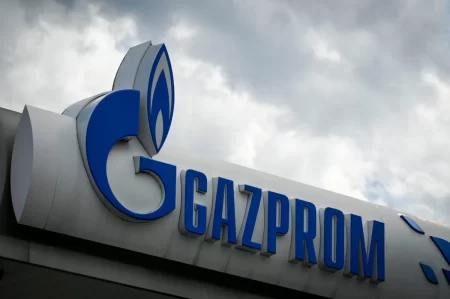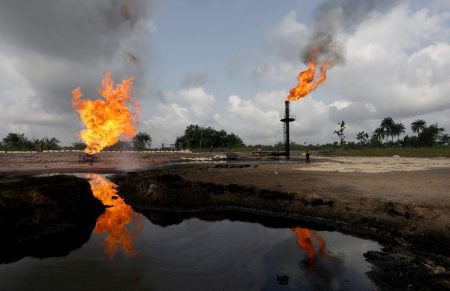By Clara Nwachukwu
The Nigerian Gas Association, NGA, has unveiled its maiden Learning Solutions Programme for capacity building of professionals in the industry.
The association explained at the launch of the progrmme in Lagos recently that the framework for the learning solutions took over two years to develop, as the NGA worked closely with the industry through its various forums and network to develop professional courses that would benefit not only the private sector, but also the regulators and policy makers in the public sector who help shape the direction of the gas industry in Nigeria.
The NGA President, Mr Chima Ibeneche, in a welcome address at the occasion, noted that growth and development in the sector can only be sustained through “an educated and competent professional workforce supported by a well educated public, who can continue to partner by providing useful input into policy formulation and standard setting and implementation for the industry.”
Ibeneche, who is also the Managing Director/Chief Executive Officer, Nigeria LNG Ltd., further argued that there can be no sustained growth without a knowledge based development, saying, “Our professional inputs in the operating companies and our contribution to policy development must be grounded in sound technical and commercial knowledge and in understanding the social implications of the activities in our industry. We must also be aware of global trends that have direct and indirect impact on our industry.”
With regard to the courses offered in the programme, he explained that these are industry-driven and tested with relevant and current operational experience that would bridge the gap between theory and practice, adding that they are also meant to support through our experience and expertise the ongoing local content drive and revolution in the gas industry in Nigeria.
On the significance of the programme, Ibeneche said, “The launch of our learning solutions is also part of the NGA’s commitment to the global gas industry with our active participation in the IGU as a chartered member. The NGA has been in dialogue with the international gas Union and both are committed to strengthening and developing industry capacity in member countries.
“We could say that the NGA is helping the industry through a suite of cost effective technical and non-technical learning programs which we are confident would help to shape standards and prepare professionals to manage the challenges and opportunities that the industry has to offer if indeed it is to be truly sustainable.”



